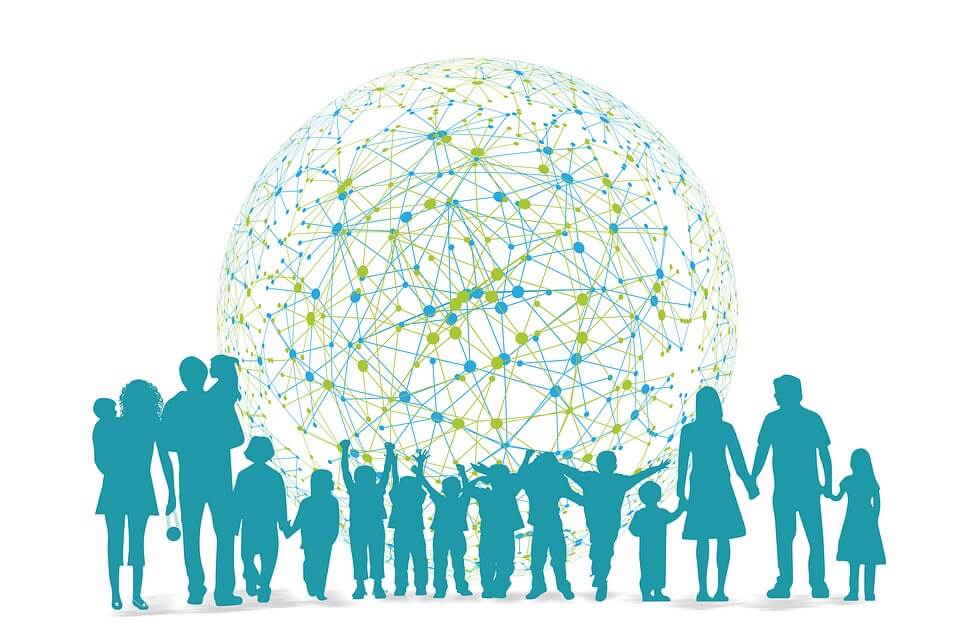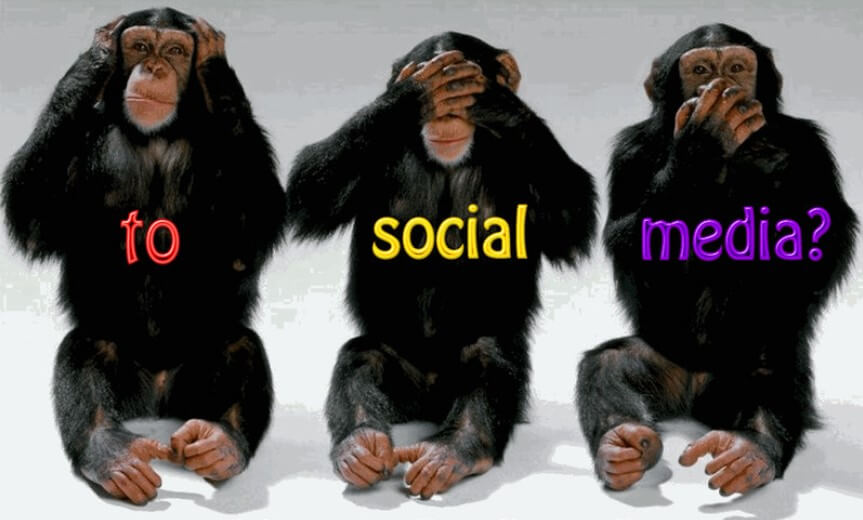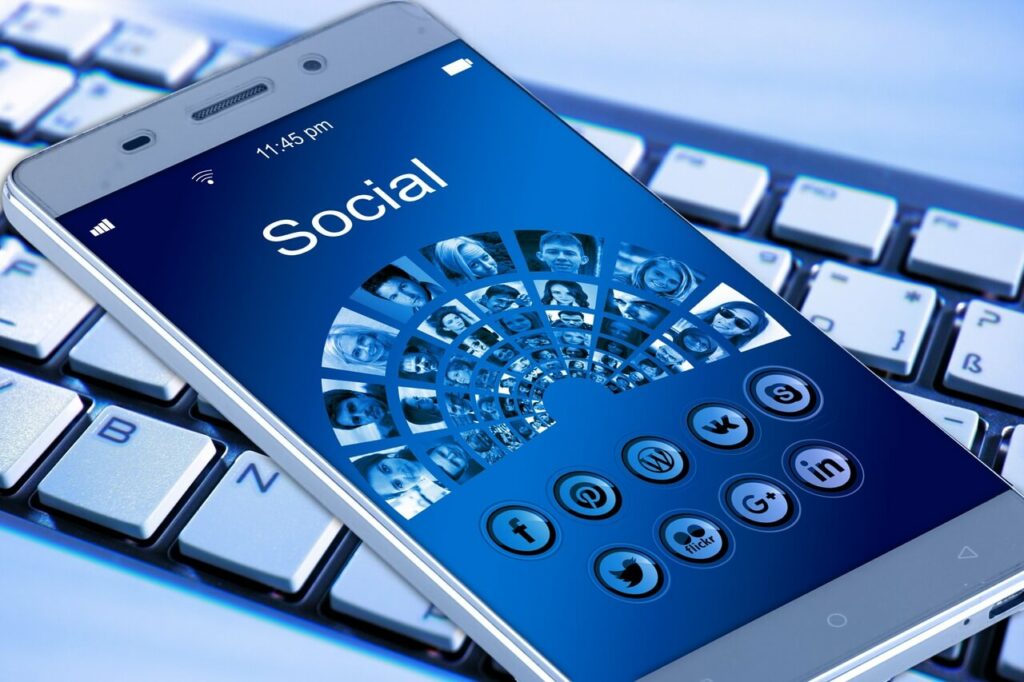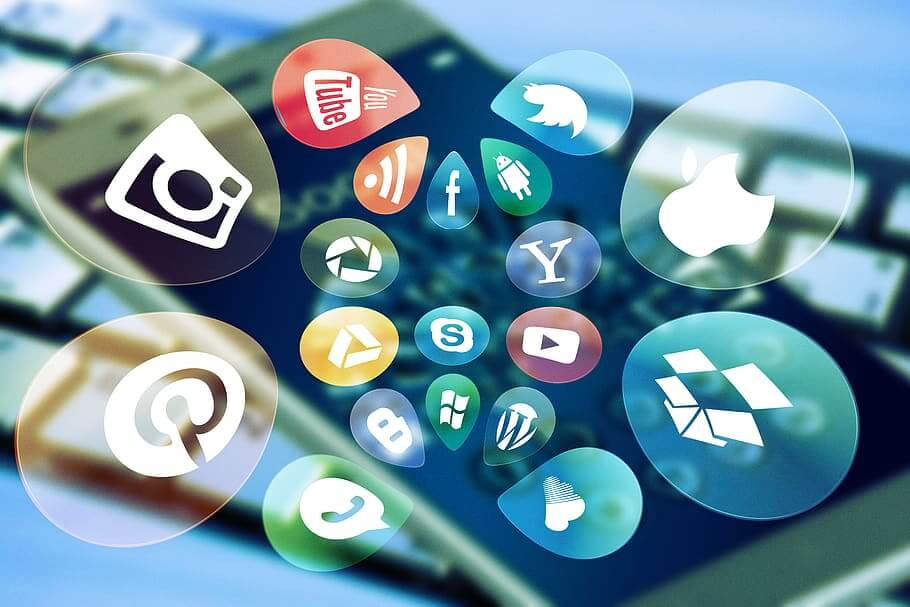Social media has become an integral part of modern life. From keeping up with friends and family to staying informed on current events, platforms like Facebook, Twitter, and Instagram provide us with a wealth of information and connection. But how does this affect our lives? While social media can be an excellent tool for connecting with others, it’s essential to recognize the potential risks associated with overuse. In this article, we’ll discuss the impact of social media on our well-being as well as our mental outlook and strategies for reducing its risks.
Table of Contents
The Benefits of Social Media

Social media can be a powerful tool for connecting people and sharing ideas. It has the potential to bring people together from all different backgrounds, cultures, and locations. Here is the impact of social media on our life:
- Increased Access to Information: Social media gives users more access to information than ever. This includes news and entertainment content, making staying informed about what’s happening worldwide easier.
- Improved Connectivity: With social media, users can easily keep in touch with family and friends no matter where they live or how far away they are. This also allows for better business networking opportunities and more active involvement in online communities and conversations around shared interests.
- Entertainment: Social media is an excellent source of entertainment that can be accessed anywhere you have an internet connection. From funny videos to engaging stories, there is always something new to explore on social media platforms like YouTube or Twitter!
- Creative Outlets: Social media provides users with a space for them to express themselves creatively through photography, writing, art, and music without needing any specialized training or equipment. This makes it easy for anyone to create and share their work.
- Career Opportunities: Social media can be an excellent tool for self-development and professional network-building. Platforms like LinkedIn allow users to connect with professionals, search for job listings, and create an online portfolio showcasing their skills and accomplishments.
- Increased Engagement: Through social media, people can reach out to larger audiences and engage in meaningful conversations with others from different countries, cultures, and beliefs. The impact of social media on youth promotes understanding and tolerance between people of different backgrounds.
- Improved Self-Esteem: Social media can be a great source of affirmation and positive feedback. Studies have shown that receiving likes or compliments on posts can help boost self-esteem and make users feel more confident in their appearance and abilities.
- Community Building: With social media, you can create and join online communities with similar interests, beliefs, or values. Users can create a sense of belonging and connection with like-minded people worldwide through these platforms.
- Improved Accessibility: With social media, individuals with disabilities can easily find support groups and connect with others who understand their struggles. This can be incredibly beneficial for those who may not have access to in-person gatherings due to their physical limitations.
- Positive Social Change: Social media is an incredible platform for promoting positive social change and awareness of important issues such as climate change, poverty, and racial injustice. Through platforms like Instagram and Twitter, activists can easily spread the message to a wide audience and motivate others to take action.
Social Media Cons

Social media can be a fantastic way to stay connected with friends and family, explore new interests, and find business opportunities. But it’s also important to remember the impact of social media on society. Here are a few of the cons of social media:
- Addiction: Social media can become addictive for some users. The constant news updates, notifications, and messages can keep people returning for more, leading to excessive use and neglecting other activities in life.
- Unfiltered Content: Social media gives users access to unfiltered content, which can include hateful language or inappropriate images that may not be suitable for all ages. Parents need to be extra vigilant when monitoring their children’s activity on social media sites.
- Privacy Concerns: Social media platforms collect data from their users to target them with ads or personalized content recommendations. This raises privacy concerns as many users are unaware of how much information is being collected about them or what it is used for.
- Cyberbullying: Unfortunately, there have been countless cases of cyberbullying on social platforms due to the anonymous nature of the Internet. It can be difficult for victims of online harassment or bullying to feel safe on these sites or report abuse without fear of repercussions from their peers or attackers.
- Threats to Mental Health: Social media can also hurt mental health, leading to feelings of depression, loneliness, and anxiety. Prolonged use can increase the risk of developing mental health issues like addiction or body dysmorphia.
- Time Wastage: When people spend too much time scrolling through social media feeds, they may neglect other important tasks, hobbies, or relationships. This can lead to wasted time that could have been spent more productively.
- Misinformation: Fake news, rumors, and lies are easily spread on social media platforms and can mislead the public. Users must know these false reports and fact-check information before sharing it.
How to Lower the Risks?

Reducing social media usage can positively affect your mental and physical health. Here are some tips on how you can lower the risks associated with social media addiction and counter the negative impact of social media on business:
- Create boundaries and stick to them: Set rules, such as using platforms for a set period each day or not at all during specific periods. Turn off notifications that prompt you to check in more often than necessary.
- Take a break from the platforms entirely: If you find the temptation too hard to resist, try taking a break for a few days or weeks. You may be surprised at how much better you feel.
- Re-evaluate why you’re using the platform: Ask yourself if what you get from it is worth the potential consequences. Is it providing meaningful connections? Is it helping with productivity or hindering it?
- Find healthier alternatives: Try replacing your time spent on social media with other activities such as reading, exercising, cooking, or spending time with friends and family.
Conclusion
Social media can positively and negatively impact individuals, from helping us stay connected to promoting causes to causing stress and anxiety. To ensure you’re getting the most out of social media without being overwhelmed, setting boundaries, taking regular breaks, and replacing usage with healthier alternatives are essential. Taking these steps will help you regain control over your relationship with digital platforms and lead to increased mental health benefits.
- How to Create a Winning Social Media Strategy for Your Business? - October 12, 2023
- Elevate Your Online Presence: Tips for Better Social Media Use - October 12, 2023
- The Ultimate List of Top Social Media Apps and Sites - October 12, 2023

